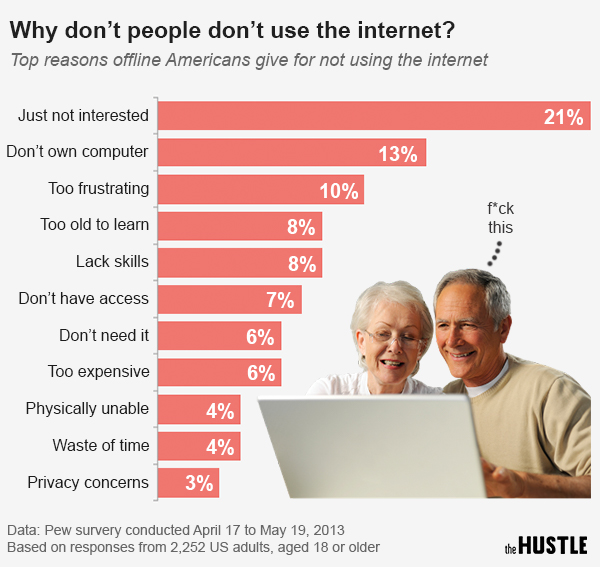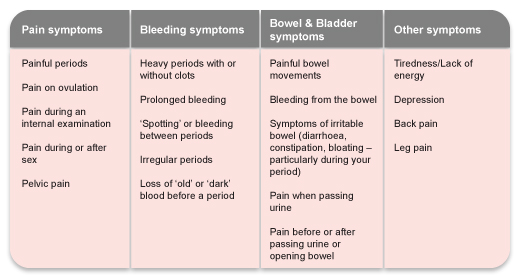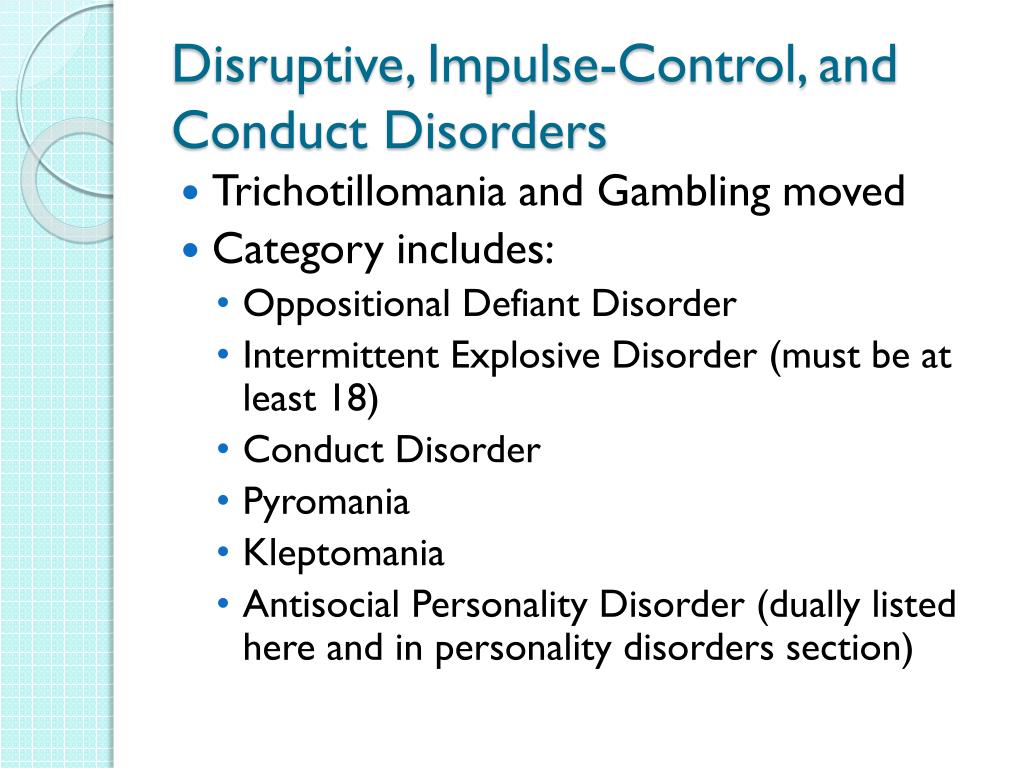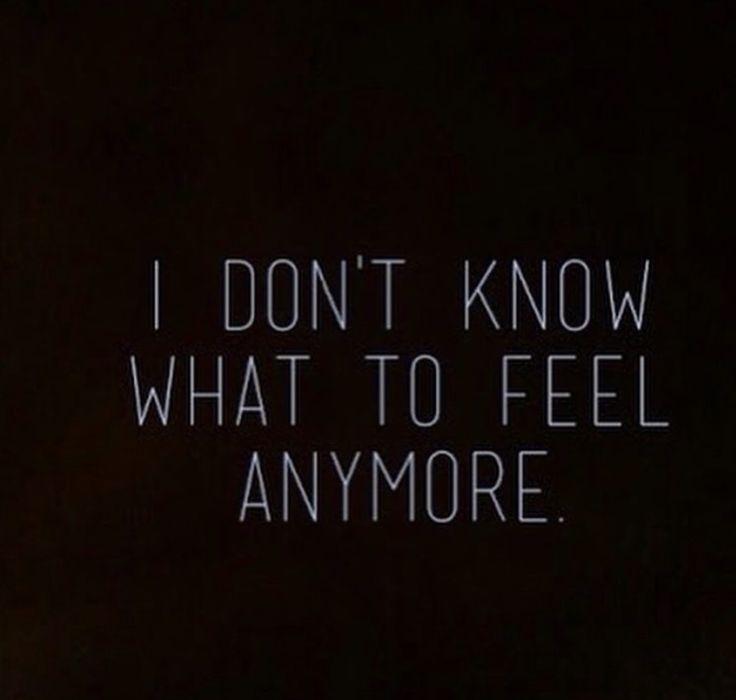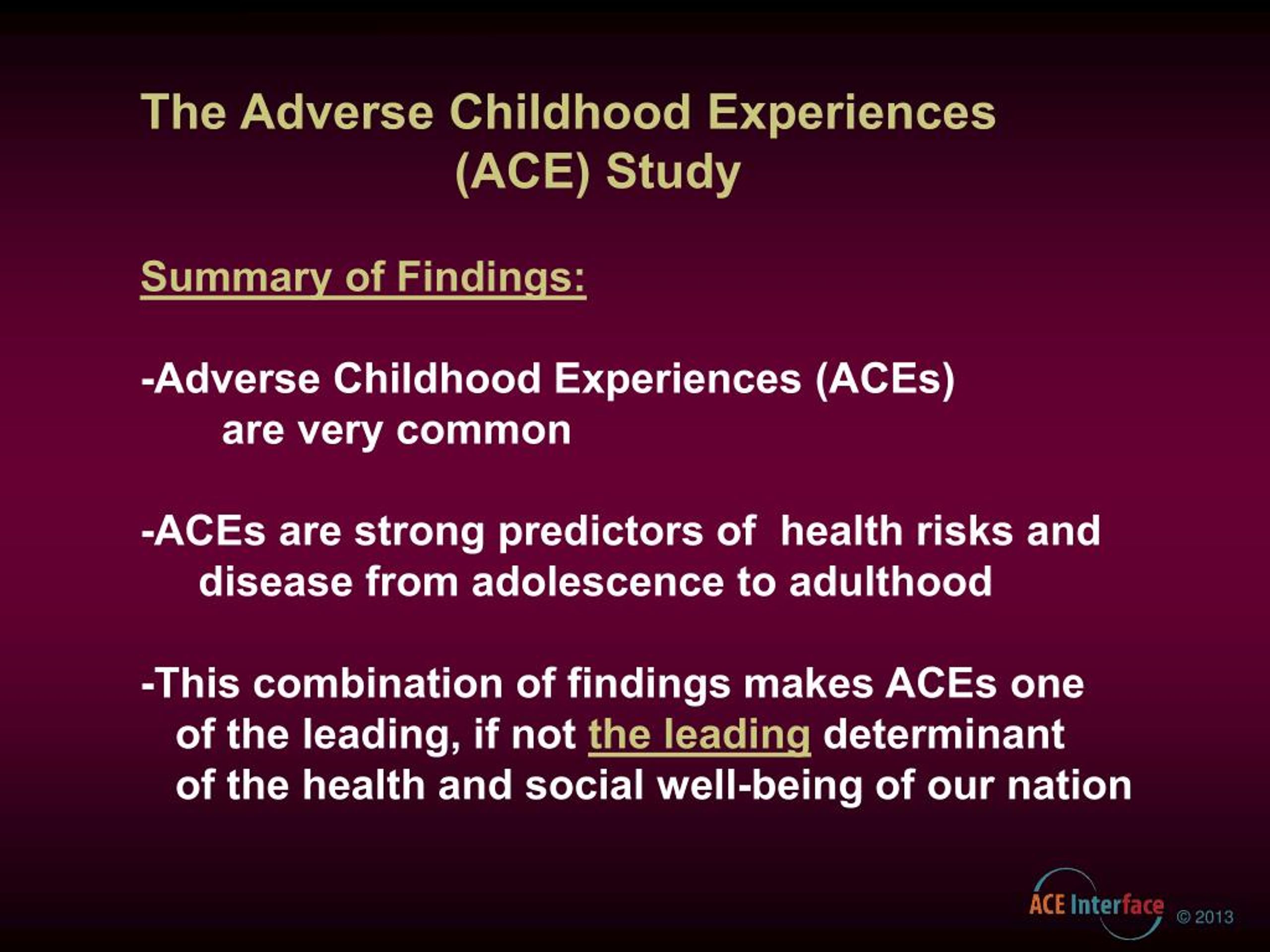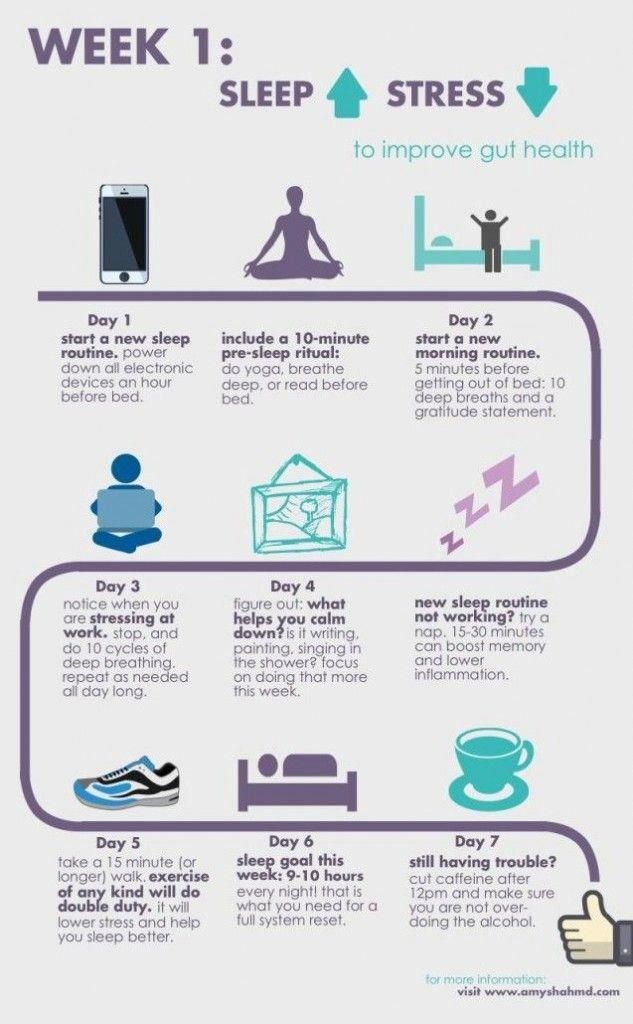Attached to my therapist
Attached to Your Therapist: It's not a Bad Thing
One of the questions often asked in online forums is “Am I too attached to my therapist?” This question leads clients to leave therapy before they’re ready. It sometimes even leads therapists to “fire” clients early. And it leads to stigma against talking about feelings towards your therapist. This blog will explore your attachment to your therapist, including some observations from my own therapy experiences.
Understanding the Therapy Relationship
How exactly do you define the relationship between you and your therapist? It’s not a friendship. But at the same time, it’s one of the most intimate relationships you’ll have. You pay for your therapist’s attention. But your therapist also wouldn’t be doing this job if they didn’t care. Safety and vulnerability both define the uniqueness of the relationship.
While therapists have to follow certain guidelines about the relationship, each therapist interprets those rules differently. Some believe that they must share absolutely nothing of themselves. Other therapists take a more authentic approach to the relationship. These therapists share certain parts of their lives with their clients when appropriate, but are still careful to maintain that line between therapy relationship and friendship.
Growing Attached to Your Therapist
Your attachment to your therapist depends largely on your attachment style. If you struggle to trust people, it will be harder for you to trust your therapist and harder to become attached. If you trust people easily, you may become attached to your therapist easily. Regardless, it’s natural in any intimate relationship that you’d grow some sort of attachment.
The therapy relationship is not different. Instead, it is actually a reflection of other relationships in your life. Therefore, you will grow attached to your therapist in much the same way as you become attached to others in your life who are safe and trustworthy.
Curiosity About Your Therapist
It’s normal to be curious about your therapist. This is especially true when your therapist does not share about her personal life. Some people find themselves searching Google for information. Other people find themselves looking at their therapist’s social media sites. And others take a more direct approach by asking their therapist questions. Regardless which methods you use to gather more information about your therapist, accept your actions as normal behavior.
This is especially true when your therapist does not share about her personal life. Some people find themselves searching Google for information. Other people find themselves looking at their therapist’s social media sites. And others take a more direct approach by asking their therapist questions. Regardless which methods you use to gather more information about your therapist, accept your actions as normal behavior.
Keep in mind though that your therapist might not appreciate the digging. Therapists who have rigid boundaries around their personal life may not react kindly to you finding information about them. Stories from online forums share about therapists who “fired” clients because of these explorations.
My Curiosity About My Therapist
I have found myself wondering more and more about my own therapist’s personal life. She is not the type of therapist that keeps all information private, but I don’t know everything. I know the vague area she lives in, and I know she’s going through a divorce right now.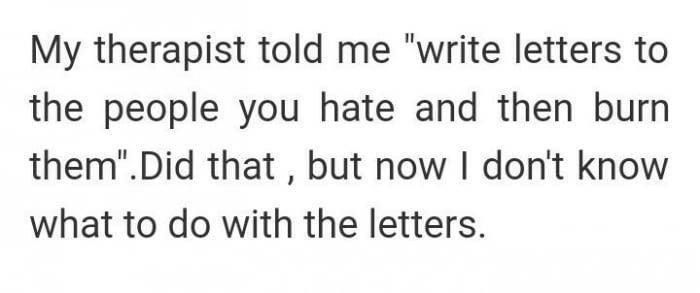 I also know that our personal interests are very similar.
I also know that our personal interests are very similar.
I’ve had moments where I really regret meeting my therapist as a therapist. Instead, I wish we could have met somewhere more personal so that we could have a personal relationship. She is the best therapist I’ve ever had, but I also wish that she could just be my friend.
I find myself in my sessions wondering how she’s doing. The two-sided part of a friendship pops up in my head. I can notice when she’s having an off day, and I wonder what is going on in her personal life that is distracting her. I pay her to listen to me, but I also genuinely care how she’s doing.
Why is Getting Attached to Your Therapist Scary?
Attachment to your therapist puts your emotions at risk. This is especially true if you’ve had difficult attachments in the past. You’ve learned that growing attached to people isn’t safe because eventually, they leave. And you have to deal with the emotions about it.
Sometimes, when you get attached to your therapist, your first instinct is to quit therapy.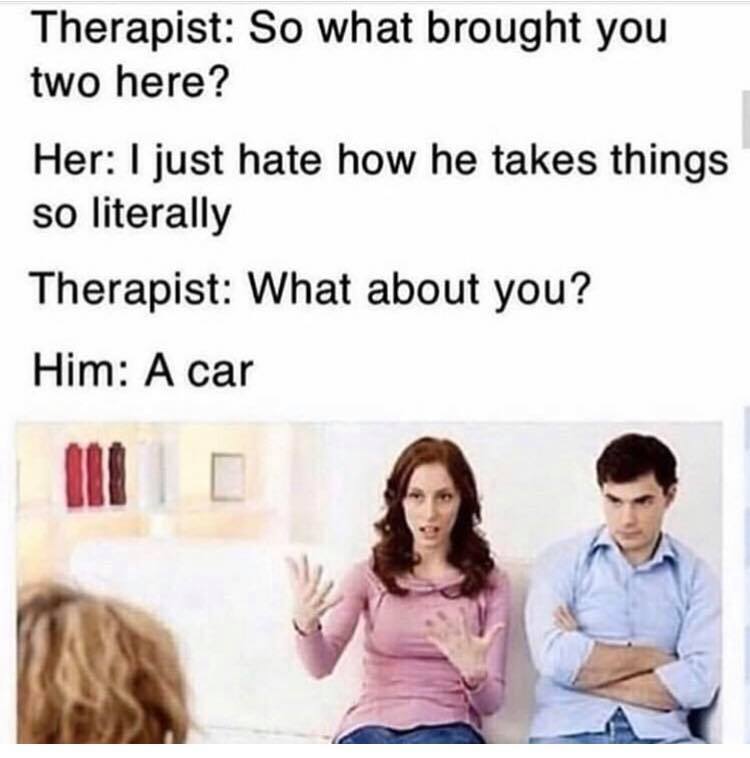 You feel like you have to protect yourself. And if you can quit before your therapist can “fire” you, you’ve accomplished that. The fear you feel about getting attached to your therapist mirrors fear you feel in other relationships.
You feel like you have to protect yourself. And if you can quit before your therapist can “fire” you, you’ve accomplished that. The fear you feel about getting attached to your therapist mirrors fear you feel in other relationships.
My Fears of Attachment with My Therapist
Even though I know that attachment is normal in therapy, I still have my own fears after recognizing my attachment. First, I worry that even though she has been fairly open with me about certain things that she might balk at my attachment towards her. I worry that her concerns will result in her “firing” me. And I won’t have much control about that.
I also worry about my attachment interfering with the work that I’m doing. I have already noticed times when my attachment has led to me staying in session longer than I should. For example, just this week, I was very sick. But I was pushing to get to the full 53 minutes of our session because I wanted my therapist to be able to bill the full amount. I made it 38 minutes before I realized I needed to lay down or I was going to pass out.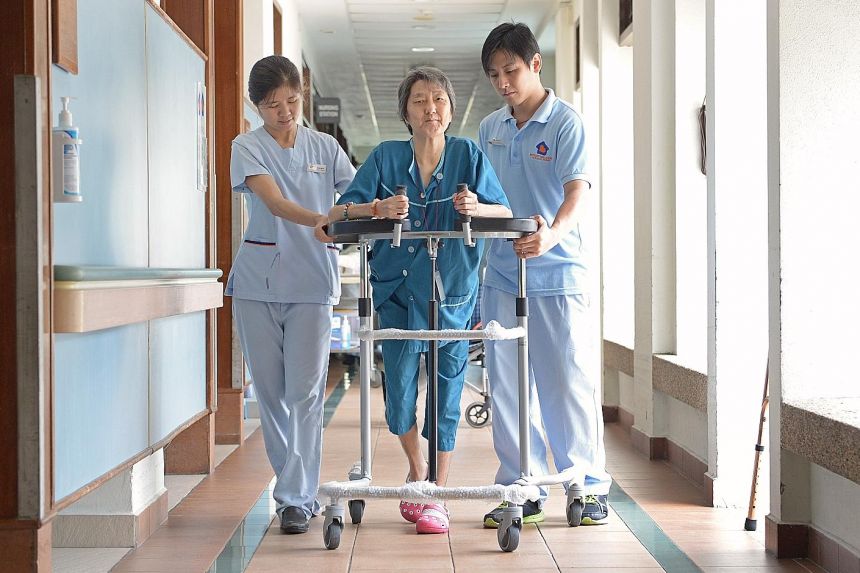
And finally, I know that the relationship is going to end eventually. In fact, it’s going to end far sooner than most therapy relationships because I’m moving out of state. I know that my therapist is not going to be able to treat me after I move. So I am going to have to find someone else.
How Can Getting Attached to Your Therapist Be Healing?
While getting attached to your therapist can put you at risk of getting hurt, it can also help you heal. If you’ve struggled with attachment, you likely have very few examples of how healthy attachment looks. Your relationship with your therapist models that. In fact, even the difficult times with your therapist are beneficial, as these help you learn how to appropriately manage conflict.
Your attachment to your therapist also allows you to try out emotional intimacy. That is, you can get emotionally close to your therapist safely. You can see what it feels like to share with someone and have someone truly hold space for you.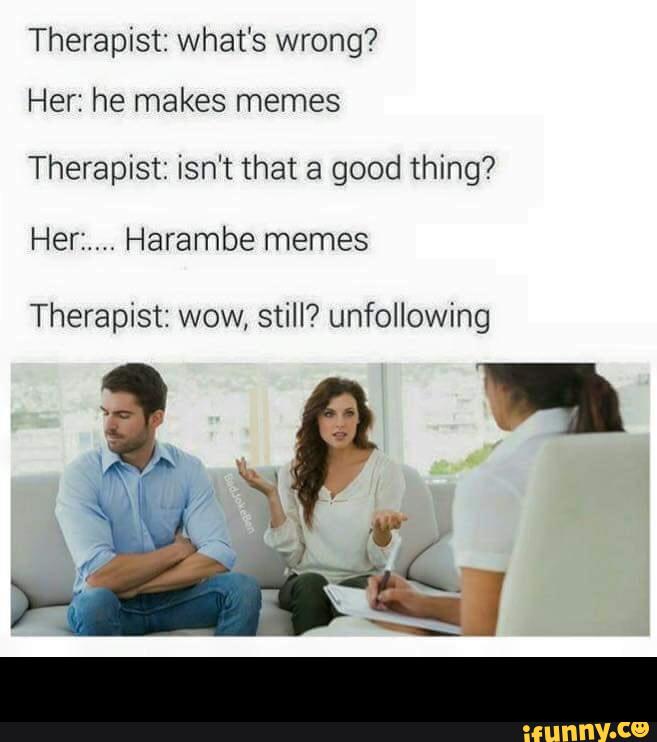
Finally, the therapy relationship inevitably comes to an end at some point. Your therapist helps you learn how to manage the natural end to relationships. She can help you process the grief you experience at anticipating the loss, so that when it happens, you can handle it.
Final Thoughts
While attachment to your therapist comes with risks, it can also be greatly healing. You can learn how to manage conflict and the natural end of relationships. Overall, a therapist who views attachment as an essential part of therapy can really help you resolve attachment-based concerns. Ask your therapist about her view of attachment during your consultation with her.
Transference and Being Overly Attached to your Therapist » myShrink
Can you overcome being overly attached to your therapist?
It's painful to feel so attached you can't imagine leaving your therapist—even when you're not making progress or your budget can no longer accommodate regular sessions.
I've received many emails from visitors to myShrink who have been stuck in a transference with their therapist for years.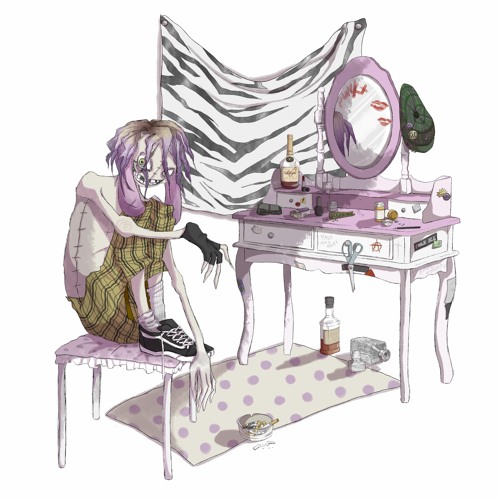 I now see that there's no guarantees a transference will be resolved.
I now see that there's no guarantees a transference will be resolved.
Until a transference is finally resolved chances are you will continue to feel overly attached to your therapist.
That said, I've been fortunate to work with many who have been suffering from transference and have successfully worked it through. This experience has helped me to identify a few reasons why a transference might continue indefinitely.
I'll be talking about these reasons in this course. One key reason relates to the feeling of safety. With sufficient safety you can open up more easily to your therapist and thereby access deeper areas of your emotional brain.
It's in the deep areas of the brain where the change needs to happen if you're to move through your transference. You can't merely "think" your way through.
Signs of feeling unsafe and feeling overly attached
Odd as it sounds, many people have no idea whether they’re feeling safe. I’ve had tall, strong looking guys in my office who say they feel "safe" but when it comes down to it, it's clear they're not.
You see, there's a big difference between you feeling safe and your primitive, reptilian body-based brain feeling safe.
Because when I ask them to pause and sense into the sensations in their body, they notice the unmistakable signs of fear…
- tight feeling in the chest,
- hands are locked together,
- shoulders are hunched to the shoulders (braced against a potential threat),
- ankles are turned inward,
- toes curled,
- clammy, tense hands,
- collapsed on the couch.
If these sensations or symptoms sound familiar to you, there's a chance your brain is too overwhelmed for the necessary learning to occur.
Why might you be feeling "unsafe" even when you feel your therapist is heartfelt and emotionally available? Read on . . .
A kind, heartfelt therapist—a double edged sword
When you establish a good working connection with your therapist, you often create sufficient safety to allow yourself to access feelings you might not have otherwise.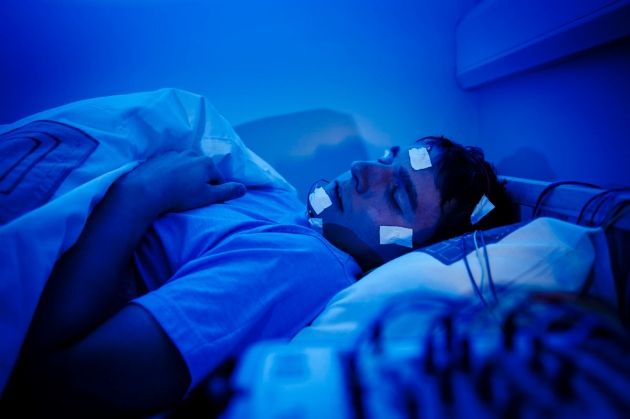
Not always though.
Sometimes the more kind and emotionally available your therapist, the harder it is to open up.
Sounds contradictory?
It makes perfect sense when you understand how memory is stored in the brain.
Intense feelings trigger memories when you felt the same way
To really understand why you might have so much fear, it's important to appreciate that the experiences underlying transferences occur early in life. Transferences surface only when the conditions are right and harken back to when you were similarly dependent.
When transference arises in therapy it's a kind of re-creation of the circumstances that you experienced back then. But now, owing to your connection, it's an opportunity to finally fulfill a certain stage in your development.
You may also know that as an infant you're totally dependent on your parents for your survival. Your connection to them figures strongly in your day to day activities.
Alongside those heartfelt feelings towards your therapist will reside similar memories of your life when you experienced the same strong emotions as an infant/toddler. (That's what being triggered is all about.)
So what happens if alongside those strong feelings you once felt as an infant there was some inconsistent caretaking going on (eg. mother/father's stress, depression, anxiety)?
The feelings associated with negative memories are going to wrap around these present day feelings and naturally make you feel a little on guard. You're worried about opening up, getting even more attached and then, as before, something bad happening (ie. like Mom or Dad not being there when you're in need).
With a transference, you're tapping into these early as yet unprocessed feelings and fears.
In other words, the stakes are high. A lot is riding on your connection to your therapist. You don't want a repeat of what happened back then when you're weren't getting certain needs met.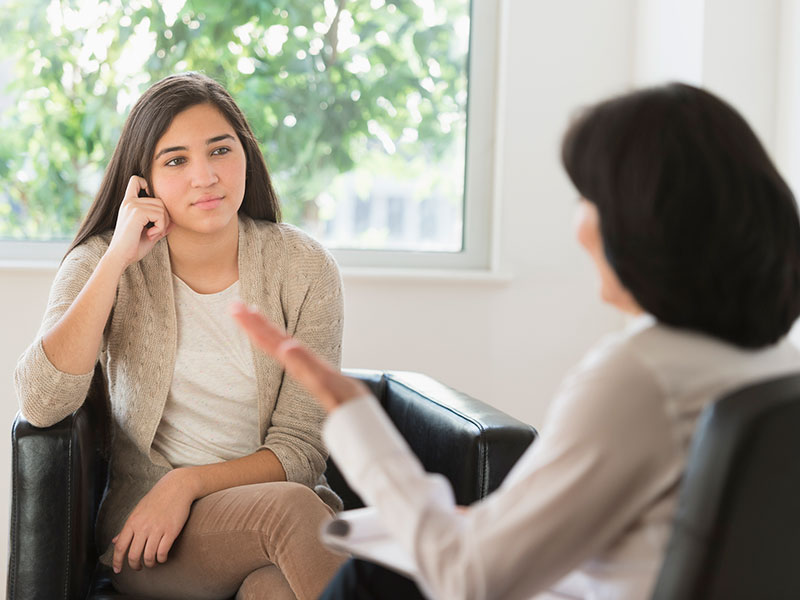
Making sure you have the right ingredients to resolve your transference
Fortunately, you now have the right components to make up the normal stage of development that you missed.
You get the chance to work through it and fill in the missing pieces. It’s actually not that important why you missed this stage other than to know it wasn’t your fault.
Best of all, these interactive experiences with your therapist expand your capacity to regulate emotion. (More on that exciting topic later.)
Here’s the rub though…
The conditions that 'moulded' the brain back then must be in place in order for your transference to be completely resolved. But with a good therapeutic alliance - you already have the most important condition.
What might those other conditions be?
First understand that the infant/toddler/youngster’s world is primarily a non-verbal one. In fact, the language centres in the brain don’t come online until 18 months.
When we’re young, we learn through our bodily senses. We feel, sense, touch. We move our body through space.
We don't learn through words as much as through experience. We play with objects in our environment, we explore, we experiment.
So one of the more important aspects of the work revolves around your feelings as you’re sitting there with your therapist. That's the basis for the "experience" the brain is looking for.
It’s important to manage these feelings just so, in order to have your transference fulfilled. The brain learns best under certain conditions that, if met, cement in the changes. This requires a whole brain experience of safety in the nervous system.
Feeling safe and being overly attached to your therapist
It’s essential that you feel safe in order to tolerate the intense emotions that pop up in therapy. Therapy can easily stall otherwise.
There are two main ways to feel “safe” in your session. The first one that most people are familiar with is by working through tough emotional material.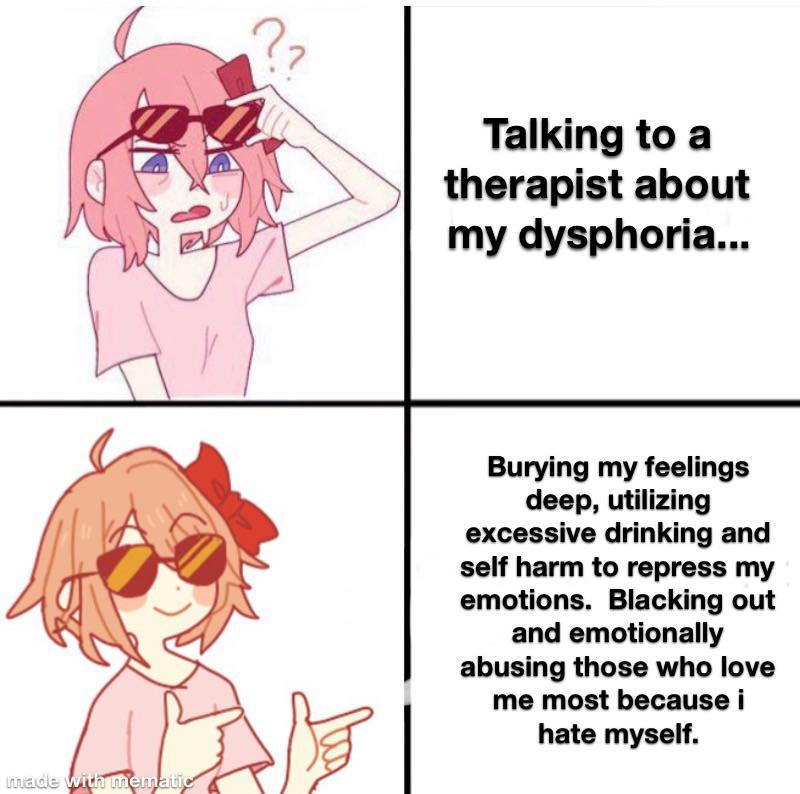 All good therapy entails this.
All good therapy entails this.
Some folks however have a hard time even getting to first base. They can't open up enough to get to the deeper emotional material!
This can happen even with the kindest, most compassionate therapist. I know this first hand. (In fact, a I've tried to explain above, there are solid reasons why this type of therapist can make things much harder for you.)
Letting go of your therapist
As you begin to feel safer and as your therapist is able to meet you in the present, authentically and with an open heart that “attuned” care will help you to move through and resolve your transference.
If this proves to be a roadblock for you, you can learn how to find safety within yourself. You do so by attuning to your own body. That way you can learn to manage your fears enough to open up and experience what you need to in your therapy.
Remember, you can’t just tell yourself to “feel safe”. Feeling safe depends on the primitive lower brain - the reptilian lizard brain and the limbic system combined.
That requires a whole different set of tools - tools you may have known about long ago - but are not forgotten.
See you in the next lesson.
Shrinklady
Main page - City Clinical Hospital No. 7 named after E.L. Berezov
GBUZ NO
"REC AIDS"
Additional telephone numbers on weekends and holidays
call
Phone number
of the “coronavirus hotline”
Ministry of Health of the Nizhny Novgorod Region
122 or 8 (831) 413-11-13
COVID-19 – appointment for vaccination
6
City Clinical Hospital No. 7
named after E. L. Berezov is a multidisciplinary medical institution.
City Clinical Hospital No. 7
named after E. L. Berezov provides
round-the-clock outpatient, inpatient emergency care to residents of the city of Nizhny Novgorod and the region.
Founder - Ministry of Health
Nizhny Novgorod region.
State registration date — 11 July 1997
Hospital founded in 1936
Hot lines
Call center numbers:
Polyclinic No. 1
1
Lenin Ave. 16a:
8 (831) 282 20 348
Polyclinic No. Architectural 2A:
8 (831) 282 20 63
Coronavirus hotline
Ministry of Health of the Nizhny Novgorod Region
122 or 8 (831) 413-11-138
Single hotline of Roszdravnadzor 8 800 200-01-12
Single hotline number
For receiving oral applications from citizens:
+7 (831) 282-99-22
of the Ministry of Health of the Nizhny Novgorod Region for receiving, registering and accounting for incoming requests from citizens for the provision of medical care assistance and drug provision in the territory of the Nizhny Novgorod region
8 (831) 250-94-03
Pain therapy
Palliative care is provided in a hospital at the address: st. Tramvaynaya, 66.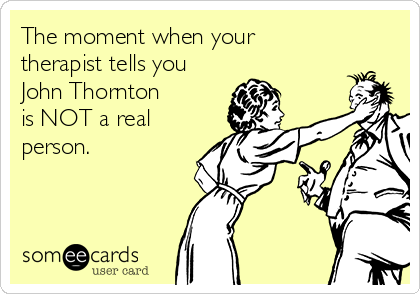
According to the order of the Ministry of Health of the Nizhny Novgorod Region dated May 14, 2021 No. 315-388 / 21P / od, in the City Clinical Hospital No. 7 named after E.L. Berezov” there are two departments: department of palliative care for 15 beds (phone: 8 915 9592502—head of the department Zavirushchev Sergey Pavlovich), and department of nursing care for 35 beds (phone: 282-20-76).
These departments are structural subdivisions of the City Clinical Hospital No. 7 named after E.L. Berezov” and report to the head doctor of the hospital (phone: 282-99-22).
More
Make an appointment
You can make an appointment with a doctor by e-mail
[email protected]
To obtain information of interest on the execution of the "Doctor appointment in electronic form" service, you can call the "hot line"
8 (831 ) 282 20 34
Single -portal of state and municipal services (functions) of the Nizhny Novgorod region
https://gu.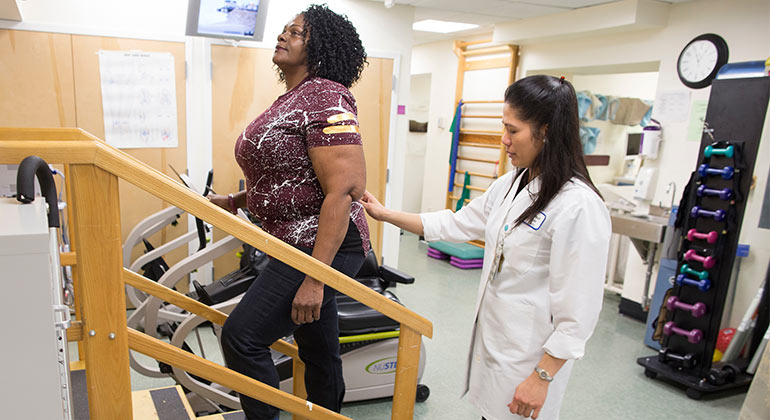 nnov.ru/
nnov.ru/
Dear patients!
Electronic appointment is available around the clock.
The doctor's appointment schedule for the next month is updated after the 26th.
If the 26th is a day off, then the graph output is shifted accordingly
Branks
Administration
8 (831) 282-20-79
Page
Reception room
8 (831) 282-21-31 9000
Page
9000 9000 9000 9000 6 Day hospital
Polyclinic No. 2
8 (831) 282-20-63
Page
Pharmacy
8 (831) 282-21-41 00
Station-
on tramvae
8 (831) 282-20-76
Page
Surgical
Branch
8 (831) 282-21-30 6
Page
Department
purulent surgery
8 (831) 282-21-56
Page
Traumatological
Branch
8 (831) 282-21-28 9 9000
Page
Operational block
-
Store2 Store2 Store2 Store
Department
of anesthesiology
and resuscitation
8 (831) 282-21-32
Page
0030
Page
Therapeutic
Branch
8 (831) 282-20-78
Page
-Page
Neurological department
9000 9000 8 (831) 282-20-20-7 2 (831) 282-20-20-7 2 (831) 282-20-20-7 2 (831)Page
Room
functional diagnostics
8 (831) 282-21-530006 8 (831) 282-21-33 Page Physiotherapeutic 8 (831) 282-21-42 Page 8 (831) 282-21-54
Branch
Page
Pathology Department
8 (831) 282-21-55
Page
All departments
Making an appointment through the State Services
Making an appointment with a doctor through the State Services portal
Sign up
Electronic record
for an appointment with a doctor
Step-by-step instructions for making an electronic appointment with a doctor through the patient portal and public services
Read more
Reviews of our
patients
You can leave your feedback
about the work of the medical departments of our hospital
Read more
Q&A
Especially for you, we have worked out a list of questions that patients most often have when they contact
the information desk of the hospital
Read more
Reviews
Yulia Moryakova
07/18/2022
I want to express special words of gratitude to the City Hospital No.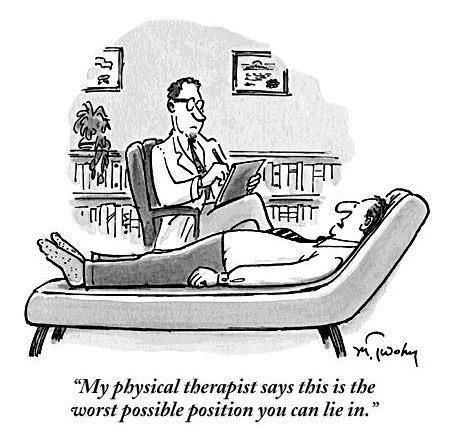 7 named after E.L. Berezov, doctor Evgeny Vyacheslavovich and all the staff for the high quality of work. And since I am a patient who needs a special approach, I was provided with it. Very happy and the hand is recovering.
7 named after E.L. Berezov, doctor Evgeny Vyacheslavovich and all the staff for the high quality of work. And since I am a patient who needs a special approach, I was provided with it. Very happy and the hand is recovering.
Varvara Pavich
Many thanks from the whole Simon family to the surgeon Abdulkerimov Eldar Magomedsherifovich for his calm, confident professionalism. Over the past year, three times my parents, after operations in other hospitals, got on his duty in the emergency room of hospital No. 7, and three times he not only quickly and efficiently provided assistance, but also explained what was happening in the postoperative wound and how to take care of it at home.
A real doctor, calm, confident, extremely polite. Be healthy, Dr. Abdulkerimov!
Solovieva Natalia
07/22/2021
Doctors and all medical staff — you are the gold of our medicine! What a hard and responsible job you have: a conveyor of people, to see pain and suffering every day . .. Thank you for your work, for putting us on our feet.
.. Thank you for your work, for putting us on our feet.
Sentyurin Vladimir Alexandrovich
I want to express my gratitude to the doctors and all the medical staff of the trauma department of hospital No. 7. Special thanks to the orthopedic surgeon Sergey Mikhailovich Lepakhin. I was admitted to the hospital at the end of October 2018. The injury is serious. A severe dislocation of the foot, a fracture of one ankle with displacement, the other is also injured. I had an operation on November 7, and in mid-January I am fully on my feet. Thank you very much.
Titova Sophia Nikolaevna
We, patients of ward No. 17a, express our deep gratitude for the professional and cordial attitude towards patients to the following doctors: Dunaeva Elena Sergeevna, Vetyugov Dmitry Evgenievich, Soina Tatiana Valerievna, Zolotnitskaya Lyudmila Sergeevna, Tsyganov Andrey Viktorovich headed by the head of the department Panyushkin Aleksey Vyacheslavovich, as well as nurses: Chibireva Tatyana Vasilievna, Nazarycheva Elena Nikolaevna, Lamzina Lika Vladimirovna.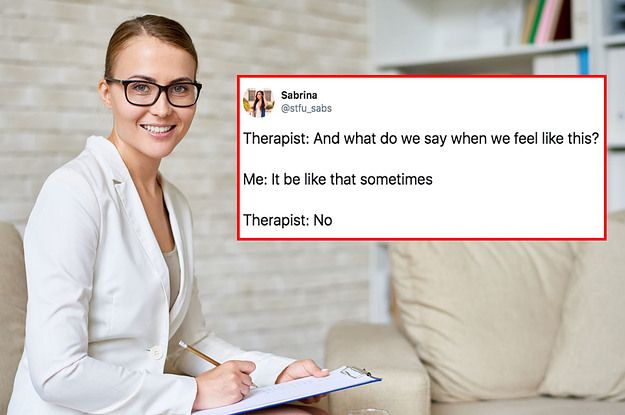 Patients: Yarova T.A., Titova S.N., Rabotkina E.Ya., Ronskaya G.L.
Patients: Yarova T.A., Titova S.N., Rabotkina E.Ya., Ronskaya G.L.
All reviews
Important for the public
COVID-19
Vaccination
Disease prevention
Advice to patients
Medical calendar
In the rhythm of the heart
Get rid of addiction
Proper nutrition, healthy lifestyle
Medicine and society
Palliative medical assistance
Medical examination
Volunteering
World Patient Safety Day 2022
Russian longevity
New model of medical organization, providing primary health care
TFOMS information Nizhny Novgorod region for citizens of Ukraine and stateless persons, forced to leave territory of Ukraine and those who arrived in the territory Nizhny Novgorod region seeking asylum”
State guarantees for citizens entitled to a set of social services
Hotline for explaining the benefits of the NSI:
282 20 33; 282 20 61
Coronavirus prevention measures
Citizens of certain categories can apply for state free legal assistance provided by the State Treasury Institution of the Nizhny Novgorod Region "State Legal Bureau for the Nizhny Novgorod Region" at: Nizhny Novgorod, st.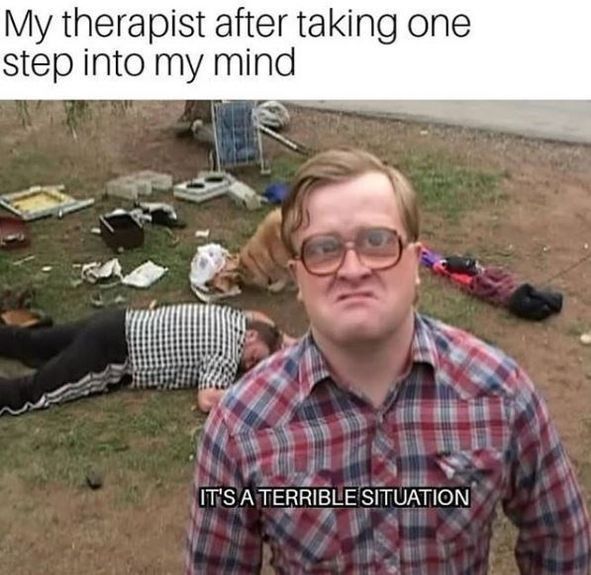 Rozhdestvenskaya, 24 ,
Rozhdestvenskaya, 24 ,
tel.0006
corruption - NO!
Fraud prevention
How to find out the polyclinic at the place of residence
Medical specialists accept patients registered at a specific address and place of residence. Polyclinics and hospitals operate on the principle of attachment to a certain area of the city. Therefore, it is important to know to which clinic there is attachment.
How to find out which clinic is attached to
Not only houses, but also streets are attached to a certain medical institution. However, there are no guarantees that the nearest clinic will be the same one. If a person has never moved, the system automatically assigns him to one clinic. In cases of relocation, the patient can be served in medical institutions at the place of previous residence (provided that the move did not take place in another city). If you wish, you can register with the nearest medical organization.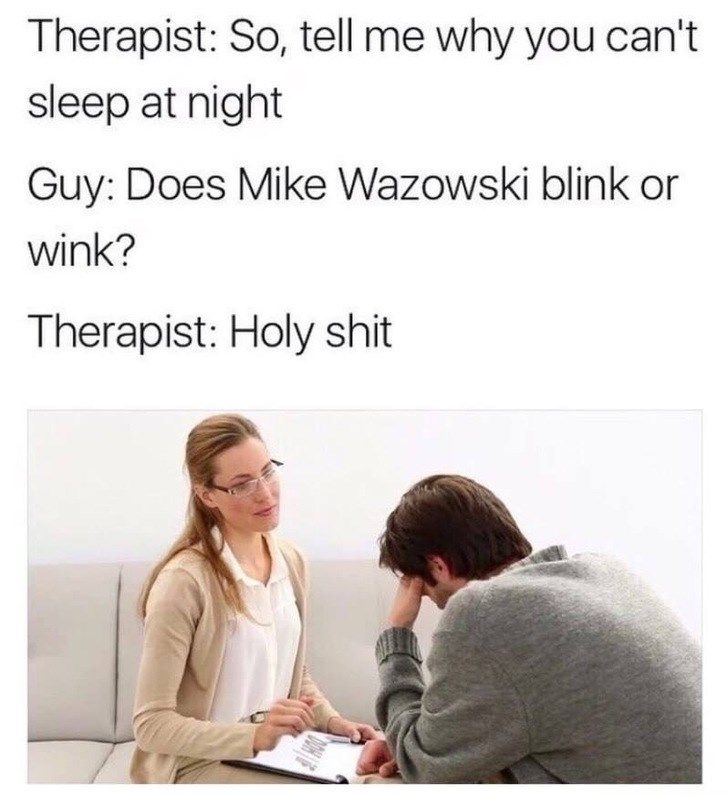
You can find the polyclinic in your area on the website of the Department of Health. At the entered address, the system will issue all medical institutions. Sometimes it is possible to clarify the necessary information from the neighbors.
We recognize the clinic at the place of residence with the help of policy
You can find out which clinic the house belongs to at the address of residence using the CHI policy. To do this, just dial the number of your insurance company. The numbers are on the document.
Employees of the Department of Health will help to solve the problem if you call and clarify the clinic at the place of residence. If it is not possible to make a call, it is advisable to use the website of the department, where you need to enter the policy data.
The easiest way to find out the site in the clinic at the address is on the back of your policy.
Important! You can find out the clinic to which the house is attached on the reverse side of the policy only if you move within the city. When moving to other regions, this method does not work.
When moving to other regions, this method does not work.
Find out which clinic serves the address through the State Services
A simple way to determine the site number in the clinic at the address is the State Services portal. To do this, you need to create a personal account. Then they go to “Services”, “My Health”, “Information about attaching to a medical organization”, “Get a service”. Enter the policy number in the pop-up window. Then all the necessary data will appear on the page.
To find out questions of interest through the portal, you must have a policy of a new sample, which indicates a number consisting of 16 digits. It is they who must be entered in the windows to clarify the information. If you are unable to visit a doctor, you can receive remote medical assistance both by phone and by video link.
How to find out which clinic a house in the capital is attached to
Muscovites can check the address of their medical organizations, to which they are attached through a special website or by phone number.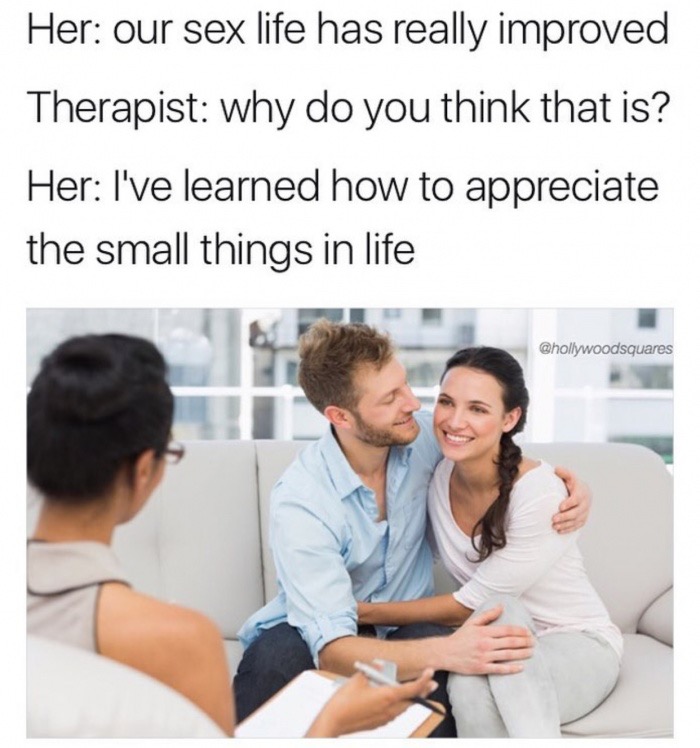 On the site they find “Department”, then “Organizations and institutions”, “Medical organizations”. And how the data of the CHI policy are entered on the State Services portal.
On the site they find “Department”, then “Organizations and institutions”, “Medical organizations”. And how the data of the CHI policy are entered on the State Services portal.
We use the EMIAS
systemTo understand which clinic the address is attached to, just go to the website of the Moscow City Department of Health. Find EMIAS there and enter your data that the system will request. Through this system, you can find out which dentistry the house is assigned to.
EMIAS was developed to improve the quality and accessibility of medical care in public health organizations. The project was developed and used within the framework of the Information City program.
Documents required for attachment to the polyclinic
In cases of moving to other regions, it is necessary to write an application to the clinic.
Documents for adults
To register with a polyclinic of citizens living nearby, you must have with you:
- medical card;
- compulsory medical insurance policy;
- SNILS;
- the passport;
- statement;
- documents confirming the move.

Documents for children
To attach to the children's clinic, provide:
- birth certificate;
- compulsory medical insurance policy;
- SNILS;
- child's representative statement.
Documents for “refugees”
In accordance with the Federal Law, this category of citizens must provide:
- refugee certificate;
- OMS policy.
Instead of a certificate, it is allowed to present:
- certificate of consideration of the application for recognition as a refugee on the merits;
- a copy of the complaint against the decision to deprive the refugee status, filed with the FMS;
- certificate of temporary asylum in the territory of the Russian Federation.
Documents for foreign citizens
For foreigners permanently residing on the territory of the Russian Federation permanently:
- passport of a foreign citizen;
- resident card;
- OMS policy.
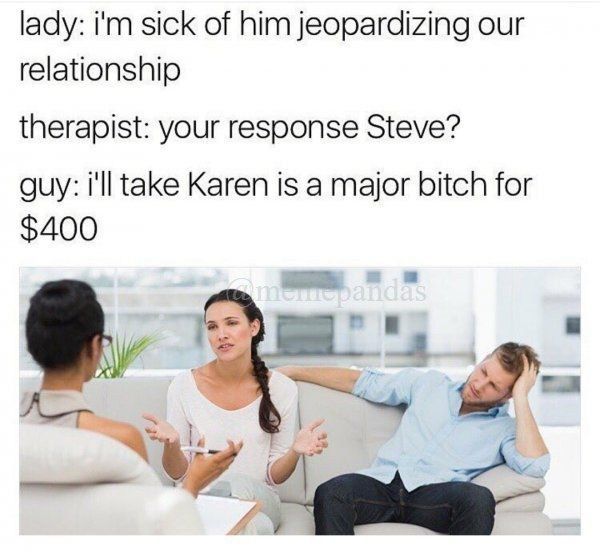
Foreigners who temporarily reside on the territory of the Russian Federation need to provide the same documents only without a residence permit.
Documents for stateless persons
Stateless persons permanently residing in Russia present:
- identity document;
- resident card;
- OMS policy.
Stateless persons temporarily residing in Russia provide the same documents, but without a residence permit.
Attachment details
In cases where a citizen decided to change medical organizations for "ideological reasons" without changing his address of residence, then calling a doctor or receiving services will not work. The clinic has the right to refuse assistance. Even if the doctor comes, the CHI policy will not be able to cover his services.
Under the MHI policy, a citizen has the right to change medical organizations only once every 12 months. The rule does not apply to those who move within the city, country.In this case, the restrictions are lifted. You only need to have documents confirming the move with you.
FAQ
How can I find out which hospital a house is attached to?
+
To find out which hospital the house belongs to, you need to contact the nearest one according to the place of registration. There is an opportunity to check at the clinic at the reception, check with neighbors, find out on the State Services portal.
Can I come to the clinic if I am not attached to it?
+
If the clinic is at the address of residence, then you can apply without attachment only once. For the provision of planned medical services, you can only contact your clinic.
Can I call a doctor from a clinic to which I am not assigned?
+
If the clinic is at the address of residence, but for some reason the citizen did not have time to gain a foothold, then calling a doctor is possible only with a passport, policy.
